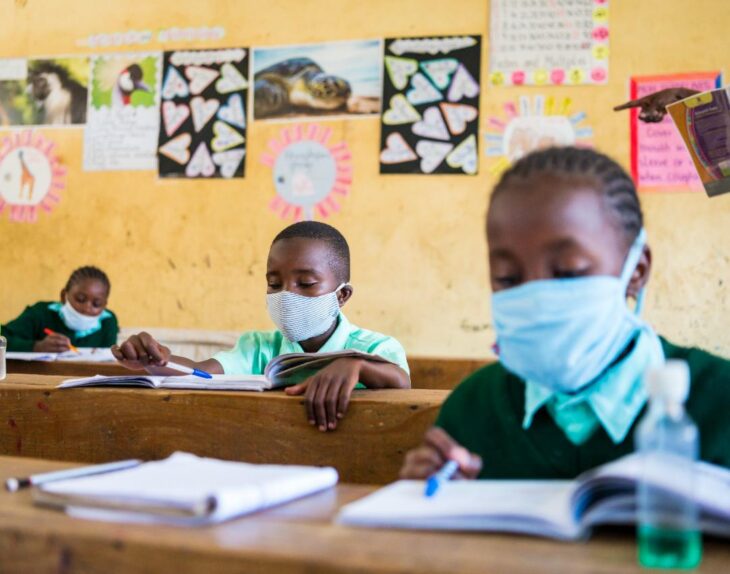NAIROBI, Kenya, Jun, 1 – President Uhuru Kenyatta on his final national holiday ceremony at the newly revamped Uhuru Gardens sought to stamp his authority as he lay bare the achievements of his administration in the last nine years while in office reiterating that his government has worked for the Kenyan people.
A sector that has witnessed almost radical transformations within that period is the education sector, with billions of shillings consistently being channeled towards several projects and programmes from the national treasury.
A standout reform is no doubt the phasing out of the 8-4-4 education system that dominated the education circles for more than 30 years with president Uhuru Kenyatta’s government introducing the competency-based curriculum (CBC). Stakeholders championing its complete overhaul said that it was about time learners moved from the ‘talk-chalk’ system of teaching that characterized the 8-4-4 system to the CBC model that is learner-centered and skill-based.
“At independence, our founding fathers embarked on a mission of course correction to transition from a colonial education system that prepared learners to servitude to one that gave them the tools to lead a newly independent nation,” said Kenyatta.
Kenyatta said that the CBC will no doubt enhance the global competitiveness of human resources while equipping learners with a set of skills and competencies that will allow them to thrive in the 21st century.
“In 1985 we made yet another monumental shift by transitioning from the 7-4-2-3 system into the 8-4-4 system but with time fellow Kenyans the 8-4-4 system became inconsistent with the aspirations of our growing nations particularly because of its overloaded curriculum and its focus on rote learning passing of exams as the ultimate goal of the system,” HE SAID.
By reimagining and recalibrating the country’s education philosophy and system, Kenyatta said that through the CBC learners will become,” responsible citizens as opposed to subjects,” and that their creative potential will be celebrated as opposed to the old system that rewarded passing exams while labeling those that were considered to have not succeeded as ‘failures’.
“A system that brings about freedom to be creative and innovative as individuals, this is the promise of the competency-based curriculum and that is why in December 2022 the pioneer CBC class now in the sixth grade will transition to junior secondary school and we believe and given the manifest success achieved in such a short period of time there is no turning back with respect to competency-based curriculum,”
Kenyatta meanwhile also aimed his government’s policy of 100 per cent transition to secondary school saying that every Kenyan child has the right to basic education. Around the same period learners across primary and secondary schools have received books for all their subjects with the government, for the first time in history achieving a book ratio of 1:1 per learner. This is unprecedented in the African continent.
At the higher education level, he also hailed the increase of technical and vocational education institutions from 52 to 238 nationwide. This accounted for a 435 per cent growth.
“Our universities continue to incubate innovations and to prepare the next generation of leaders who are technically proficient and knowledgable. Talents continue to be nurtured and a workforce that is globally competitive is with each passing year transitioning from our institutions of higher learning into prominent positions locally and abroad,”
In recent months as the country approached the general elections, a section of political leaders have threatened to ‘undo’ some of the reforms within the education sector but president Uhuru Kenyatta asserted that the reforms will continue to be implemented and will serve the country for the good in the future.
Want to send us a story? Contact Shahidi News Tel: +254115512797 (Mobile & WhatsApp)


